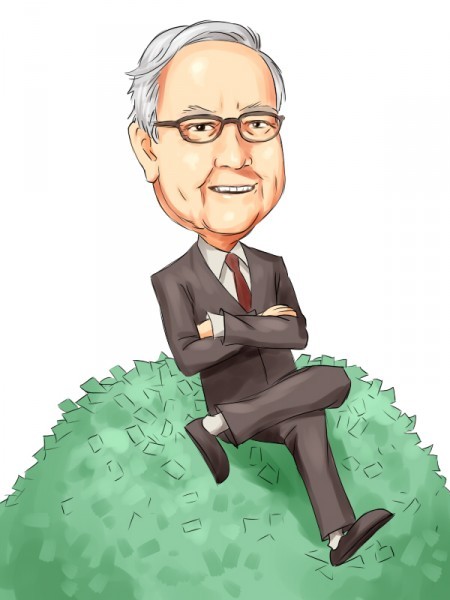Momentum Funds for Small Investors
Post on: 25 Июль, 2015 No Comment

AQR Expands Its Mutual-Fund Lineup
Daisy Maxey
Updated July 14, 2009 12:01 a.m. ET
Hedge-fund firm AQR Capital Management LLC is expanding its nascent mutual-fund lineup into an area that has long been rejected by some academics — momentum investing.
The Greenwich, Conn. company last week launched a set of indexes designed to capture the returns of stocks that have positive momentum, along with three no-load mutual funds that will track those indexes. The AQR Momentum Fund, AQR Small Cap Momentum Fund and AQR International Momentum Fund will track the AQR Momentum, Small Cap Momentum and International Momentum indexes.
There have been momentum strategies in mutual funds for some time, but the new part is that it’s systematic and it’s an index, said John Rekenthaler, vice president of research for fund tracker Morningstar Inc.
Basically, momentum strategies assume an asset class will persist in its relative performance for some period of time.
AQR’s new indexes are constructed using the top one-third of stocks that have outperformed their peers in the latest 12 months and weighing them according to their market capitalization. The large-cap index will examine the 1,000 largest U.S. stocks by market capitalization, while the small-cap index will examine the next 2,000 largest stocks. Each index will be rebalanced quarterly.
The funds each have a $5,000 minimum and carry expense ratios ranging from 0.49% to 0.65%, competitively priced for a specialized index, according to Morningstar.
Momentum strategies have been rejected by those who adhere to efficient-market hypothesis, which asserts that investors can’t consistently outperform the market with information that the market already knows. Still, decades of academic research shows that momentum strategies do work, said Ronen Israel, a principal at AQR. He says they have been used by institutional investors for years but haven’t been available to average investors through an investable index before.
Momentum certainly does challenge the efficient-market hypothesis, he said. But one thing we know for sure: It’s supported by a long history of data.
Investors should consider the momentum funds for the growth portion of their portfolio because momentum tends to do well when value strategies are out of favor and growth strategies tend to underperform momentum over time, Mr. Israel said.
Mr. Rekenthaler said it is difficult to track the performance of momentum strategies because they range across different types of funds, and various managers apply the idea differently. Using AQR’s momentum funds as a replacement for the growth part of one’s strategy seems to make sense, but narrows the funds to fairly specialized tastes, he said. You’ve got to be thinking about targeting these specific portions of your portfolio, Mr. Rekenthaler said. I don’t think too many individual investors are going to formulate portfolios like that.
With the quarterly rebalancing of the indexes, one might consider the funds’ strategy more of a busy passive approach, Mr. Rekenthaler said, and transactions costs could become an issue.
Mr. Israel said the funds are meant for average investors as well as institutional investors. They will have higher transaction costs than, for example, a fund that tracks the Russell 1000 index because of the quarterly rebalancing of the indexes. But longer term, net of transaction costs, the momentum strategy still outperforms core and growth indexes, he said. Also, we feel we’re very good at managing the transaction costs.
AQR launched its first mutual funds at the beginning of the year. Its expansion comes as more hedge funds are exploring alternative forms of business to survive. The company is considering launching other mutual funds both in the momentum space and alternative or hedge-fund strategy space, Mr. Israel said.
AQR manages about $20 billion in assets, mainly for institutional investors such as pension funds and endowments. Its investment offerings include aggressive, high-volatility, market-neutral hedge funds as well as more conventional products.














